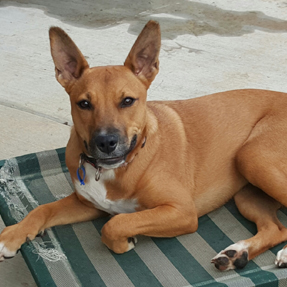RSPCA Queensland would like to address misconceptions and concerns from members of the public surrounding “Molly the Magpie”.
RSPCA Queensland’s involvement in this process was at the request of The Department of the Environment, Tourism, Science and Innovation (DETSI) to conduct a wildlife veterinary assessment on the magpie. RSPCA receives no funding for these medical assessments.
The RSPCA does not have the power to determine the next steps for patients who are assessed at the request of DETSI. Whether native animals should be released, placed in a sanctuary, euthanised, or left in their current situation is ultimately decided by DETSI in accordance with the Nature Conservation Act 1992.
RSPCA Queensland wildlife vets conduct hundreds of daily veterinary assessments on sick and injured native animals. When doing so, RSPCA is bound by the same legislation that outlines whether an animal can be released or requires euthanasia.
RSPCA Queensland Spokesperson Emma Lagoon says, “We’d like to thank members of the public for their passion and concern for the welfare of our wildlife.
“Our wildlife teams in Brisbane and Eumundi have seen a 10 percent rise in the number of sick or injured animals admitted into our care this year, treating over 27,000 native patients.
“We are currently bracing for a busy summer ahead with Lorikeet Paralysis Syndrome already escalating and dozens of new patients being admitted for intensive care at our Wildlife Hospital in Brisbane in November so far."
The RSPCA is urging members of the public to assist wildlife where they can by knowing the signs of Lorikeet Paralysis Syndrome, pouch checking deceased animals, knowing how to interact with wildlife when driving, keeping pets secure on properties, putting up bird or possum boxes and more.
Seen a sick, injured or trapped native animal? Contact the RSPCA Animal Emergency Hotline 1300 ANIMAL (1300 264 625), a local wildlife carer, or where safely able to do so – transport the animal to the nearest veterinary clinic for triage.








